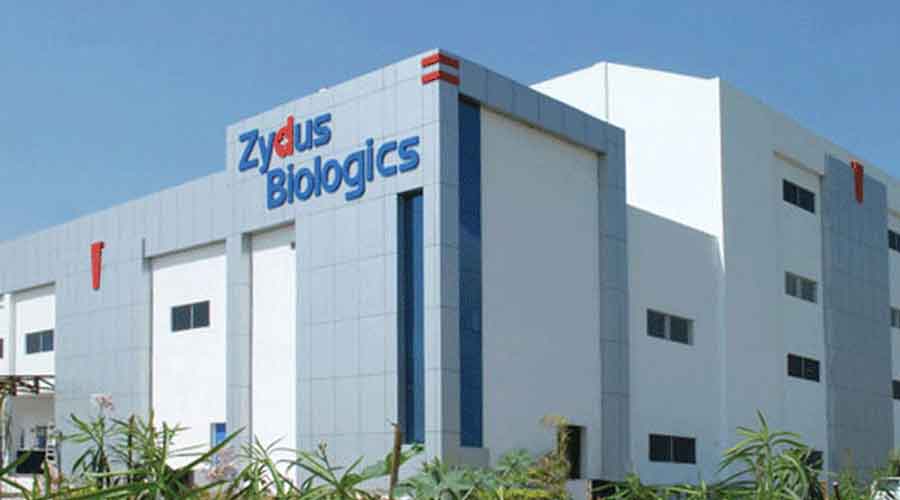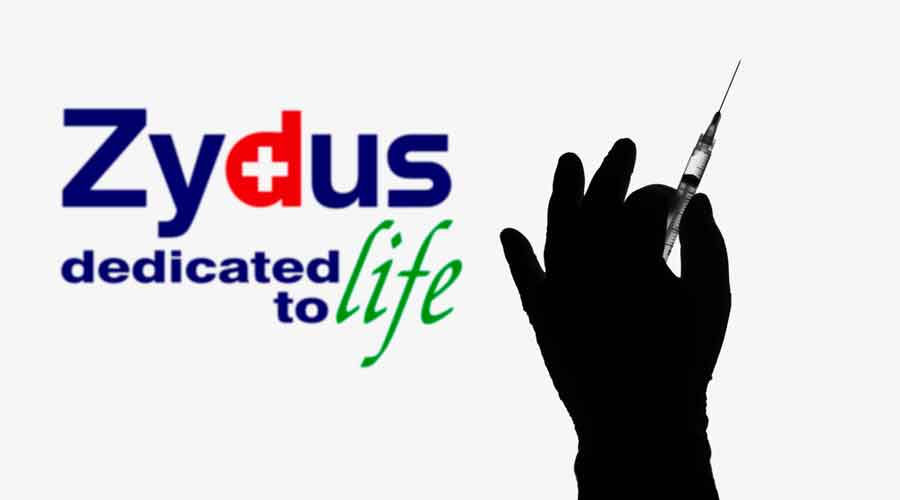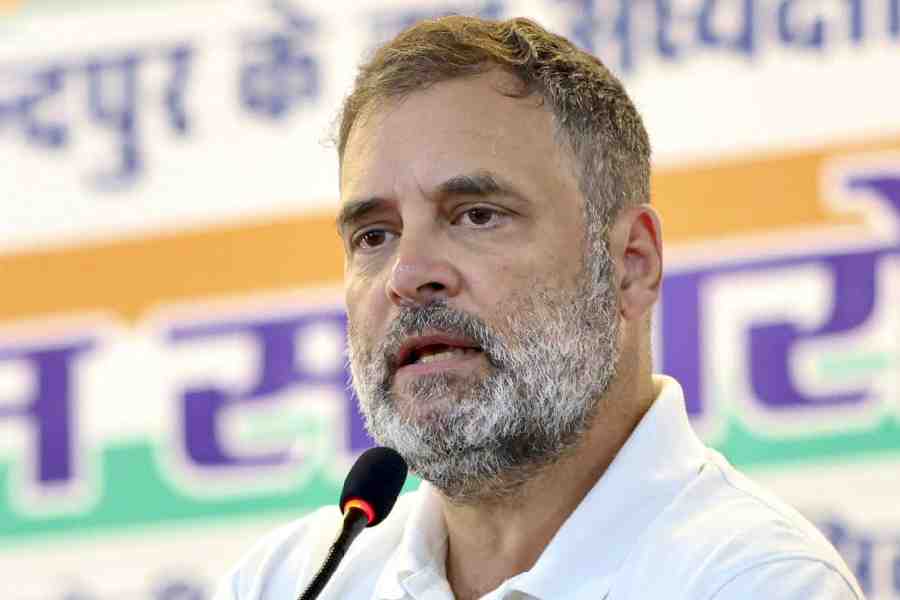Ahmedabad-based Zydus Cadila has sought permission from India’s drug regulatory authority to launch its DNA-based Covid-19 vaccine, saying the needle-free vaccine has shown 66 per cent protective efficacy against symptomatic Covid-19.
The company announced on Thursday that it had applied to the Central Drugs Standard Control Organisation for emergency use authorisation for the vaccine, ZyCoV-D, after interim results from a clinical trial on over 28,000 volunteers demonstrated its safety and efficacy.
The trial has also shown that ZyCoV-D — a three-dose vaccine — is safe for children aged 12 to 18 years who made up around 1,000 of the 28,000 volunteers.
“When approved, the vaccine will help not only adults but also adolescents in the 12-to-18-years age group,” said Sharvil Patel, managing director of Cadila Healthcare.
The interim analysis has shown a primary efficacy of 66.6 per cent for symptomatic Covid-19 confirmed through an RT-PCR test, the company said, announcing the results of the trial at 50 sites across India. The trial results have yet to be peer-reviewed and published.
Under globally adopted standards, a Covid-19 vaccine has to show at least 50 per cent efficacy to be considered for approval. Vaccines already approved have efficacy ranging from 78 per cent to over 90 per cent.
It said no moderate case of Covid-19 was observed in the vaccine arm of the trial after three doses, indicating 100 per cent efficacy against moderate disease. No severe cases or deaths due to Covid-19 occurred in the vaccine arm after the second dose.
Patel said the company had built a facility designed to produce 10 million doses per month and was hoping to supply 50 million doses between August and December this year, but said it is “too early” to specify the vaccine’s price tag.
India’s health ministry has already counted 50 million doses of ZyCoV-D it hopes to receive between August and December this year to make up a total of more than 1.86 billion doses required to fully vaccinate the country’s estimated 944 million people.
The needle-free applicator introduces ZyCoV-D through the skin.
ZyCoV-D is the first DNA-based Covid-19 vaccine that has sought regulatory approval. Scientists say although the idea of DNA vaccines emerged more than 15 years ago, the technology has been viewed as promising yet challenging with no commercial DNA vaccines out yet.
The company said the vaccine platform — a segment of DNA designed to generate immune responses against the novel coronavirus — was “ideally suited” for dealing with Covid-19 as it can be easily adapted to deal with emerging variants of the virus.
“I’m pleasantly surprised to learn about the success of a DNA vaccine,” said Sudanshu Vrati, a senior virologist and director of the Regional Centre for Biotechnology, Faridabad (Haryana), who was not associated with the vaccine development.
In February this year, scientists at the National Institute of Virology, Pune, had reported that ZyCoV-D had generated significant neutralising antibodies and lowered viral loads in rhesus monkeys inoculated with the vaccine and then challenged with SARS-CoV-2, the virus that causes Covid-19.
But Vrati and other medical experts say as new vaccines enter the vaccination campaign, recipients are likely to give more consideration to the efficacy tags placed on them. The other vaccines currently used in the campaign has higher efficacies — Covaxin’s 78 per cent, Covishield’s 81 per cent, and Sputnik V’s over 90 per cent.
Multiple research groups across the world have explored candidate DNA vaccines against several other microbes, including hepatitis-B and rabies, but none has moved into the market yet. “Delivery and efficacy have been challenging issues with DNA vaccines,” Vrati said.
The immune responses generated by DNA vaccines were “too low to yield therapeutically convincing results,” Dominica Hobernik and Matthias Bros at the University Medical Centre, Mainz, Germany, had written three years ago in a review on progress towards DNA vaccines.












